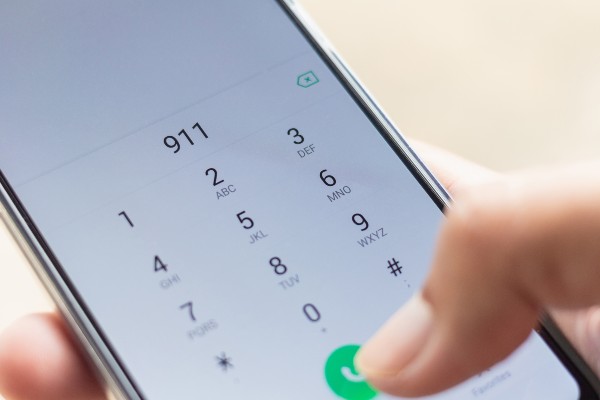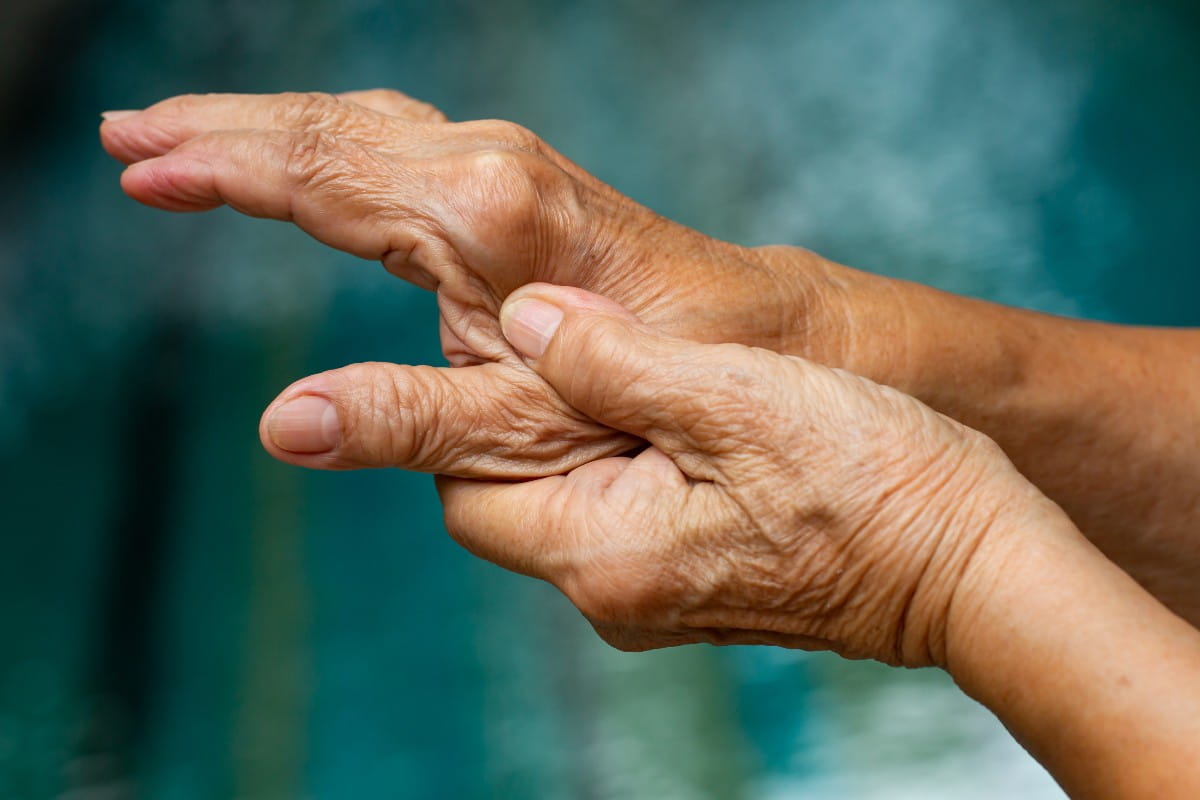The intense focus on COVID-19 leaves many wondering how to handle medical emergencies unrelated to the virus.
Some people worry that a call to 911 or a visit to the emergency department will expose them to COVID-19. Others avoid seeking emergency care out of concern for stress on the health care system.
But, says Gary Kavit, M.D., board-certified emergency room physician with Riverside Health, medical emergencies haven’t stopped for COVID-19. And treatment for these emergencies should not be delayed.
“This is especially true for people experiencing stroke or heart attack symptoms,” says Dr. Kavit. “Delaying treatment for either can be life-threatening or lead to more serious lifelong health problems.”
When to seek emergency care
Medical emergencies aren’t always easy to identify.
While physical injuries — like severe cuts, burns or broken bones — are obvious, stroke and heart attack symptoms can be confused with other less serious conditions.
Don’t hesitate to seek emergency care and call 911 if you experience the following:
- Chest pain, pressure or tightness
- Trouble breathing or shortness of breath
- Confusion or change in mental state
- Numbness or weakness on one side
- Slurred speech
- Sudden speech changes
- Sudden trouble walking, loss of balance
- Sudden vision changes
- Severe stomach pain
Keeping you safe
First responders and hospitals want to protect you and their teams. Additional precautions have been put in place to prevent the spread of COVID-19 in emergency care settings. Suspected COVID-19 patients are kept in rooms isolated from other patients. During this health care emergency, Riverside Emergency Departments are not placing patients in hallways. We have been fortunate in Virginia that social distancing is working! Our emergency departments are not overburdened and are available to serve you.
If you or a loved one need emergency care, you can expect the following:
- Added personal protective equipment: First responders and emergency department staff will wear additional PPE, including face masks or shields. PPE prevents the spread of COVID-19. If you are receiving care, you will also be given a face mask.
- Adjusted visitation policies: Many hospitals — including hospitals across Riverside Health — have implemented no-visitor policies. Riverside’s policy extends to the emergency department. Get tips to help you stay connected to loved ones receiving care at Riverside.
- COVID-19 screening: Medical facilities, including Riverside, are screening all patients for COVID-19 before they are allowed to enter the facility. Screening helps health care teams to plan your care.
Prioritize your health
“Preventing the spread of COVID-19 should be a priority, but it shouldn’t take priority over your health,” reminds Dr. Kavit. “Don’t delay treatment for a medical emergency.”
Read more about stroke and heart and vascular disease and how Riverside Health is always ready to care for those experiencing symptoms.



